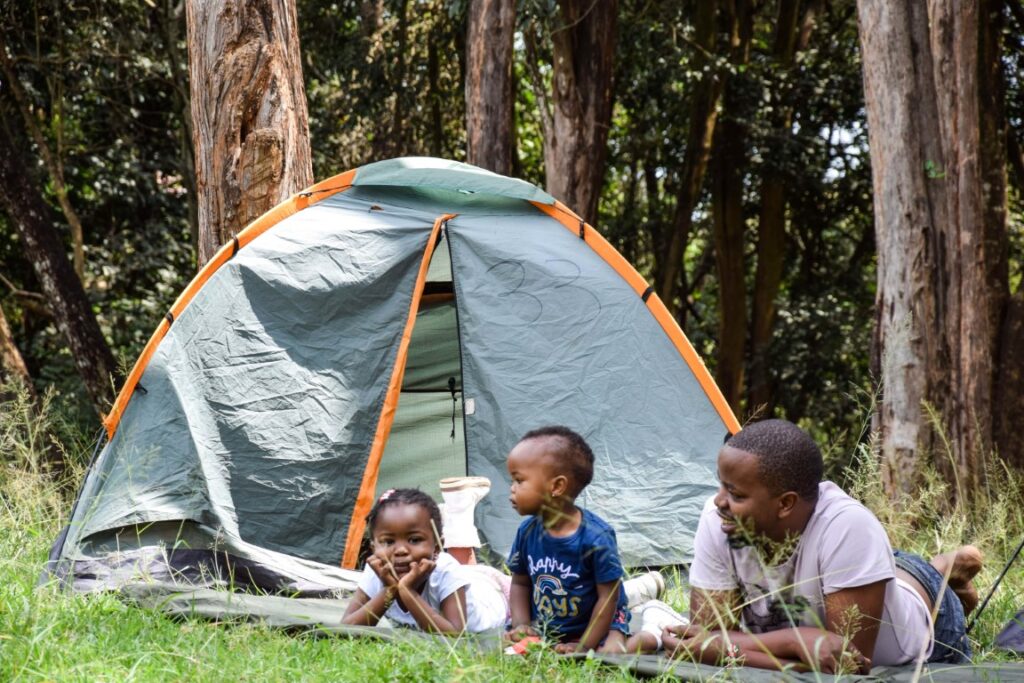
Outdoor education can be a valuable and exciting component of school camping trips, providing students with the opportunity to learn and grow through hands-on, experiential learning in a natural setting. Whether it’s hiking through the woods, exploring a local ecosystem, or learning survival skills, there are countless activities that can enhance a school camping trip and help students develop new skills and interests. In this blog post, we’ll delve into some of the best outdoor education activities for school camping trips, exploring the many ways that students can engage with and learn from the great outdoors.
Benefits of outdoor education
Outdoor education can provide numerous benefits for students of all ages. From improving physical and mental health to increasing knowledge and developing important life skills, outdoor education has the potential to positively impact a wide range of areas. Lets look a few benefits of outdoor education, exploring the many ways that it can help students learn, grow, and thrive.
- Improved physical health: Outdoor education activities, such as hiking, climbing, and other physical activities, can help students improve their physical health by promoting regular exercise and an active lifestyle.
- Enhanced mental health: Being in nature has been shown to have a positive impact on mental health, with studies suggesting that it can reduce stress, improve mood, and increase feelings of well-being. Outdoor education activities can therefore help students improve their mental health by providing an opportunity to connect with nature and escape the stresses of everyday life.
- Increased knowledge: Outdoor education activities provide students with the opportunity to learn and grow through hands-on, experiential learning. This can include learning about the local ecosystem, identifying different plant and animal species, or learning about the impact of human activities on the environment.
- Improved social skills: Outdoor education activities often involve working in groups or teams, which can help students develop important social skills such as communication, collaboration, and teamwork.
- Greater appreciation for nature: By getting students outside and into nature, outdoor education activities can help them develop a greater appreciation for the natural world and the importance of protecting it. This can inspire students to become more environmentally conscious and motivated to make positive changes in their own lives.
Outdoor Educational Activities
Here are just a few outdoor education activities that are perfect for school camping trips:
- Orienteering: This activity involves navigating through the outdoors using a map and compass. Students can work in teams to find their way to various points on a course, learning about map reading, following directions, and teamwork along the way.
- Nature hikes: Nature hikes can be a great way for students to learn about the local flora and fauna, as well as the geography and geology of the area. By paying attention to the natural surroundings, students can learn about the different ecosystems and how they function.
- Environmental science projects: School camping trips can provide a perfect opportunity for students to conduct environmental science projects, such as monitoring water quality, measuring plant growth, or collecting data on wildlife populations. These projects can help students learn about the scientific method and gain a deeper understanding of the natural world.
- Shelter building: Shelter building can teach students valuable survival skills, as well as teamwork and problem-solving. Working in teams, students can design and build shelters using natural materials, learning about the principles of design and engineering along the way.
- Outdoor cooking: Cooking meals over a campfire or on a stove can be a fun and educational activity for students. They can learn about food safety, nutrition, and the principles of cooking, as well as practice teamwork and communication skills.
- Team building activities: Outdoor education activities can also be a great way to build teamwork and communication skills. Activities such as trust falls, low ropes courses, and problem-solving games can help students learn to work together and support one another.
- Outdoor games: Simple outdoor games such as tag, capture the flag, or hide and seek can be a great way for students to have fun and burn off energy while also learning about teamwork and strategy.
- Service learning projects: School camping trips can also be an opportunity for students to engage in service learning projects, such as trail maintenance, habitat restoration, or litter cleanup. These projects can help students learn about the importance of stewardship and the role they can play in protecting the environment.
In conclusion, outdoor education activities are a great addition to any school camping trip. They provide students with the opportunity to learn and grow in a fun and engaging way, and can help them develop new skills and interests that will benefit them throughout their lives.
Leave a Reply